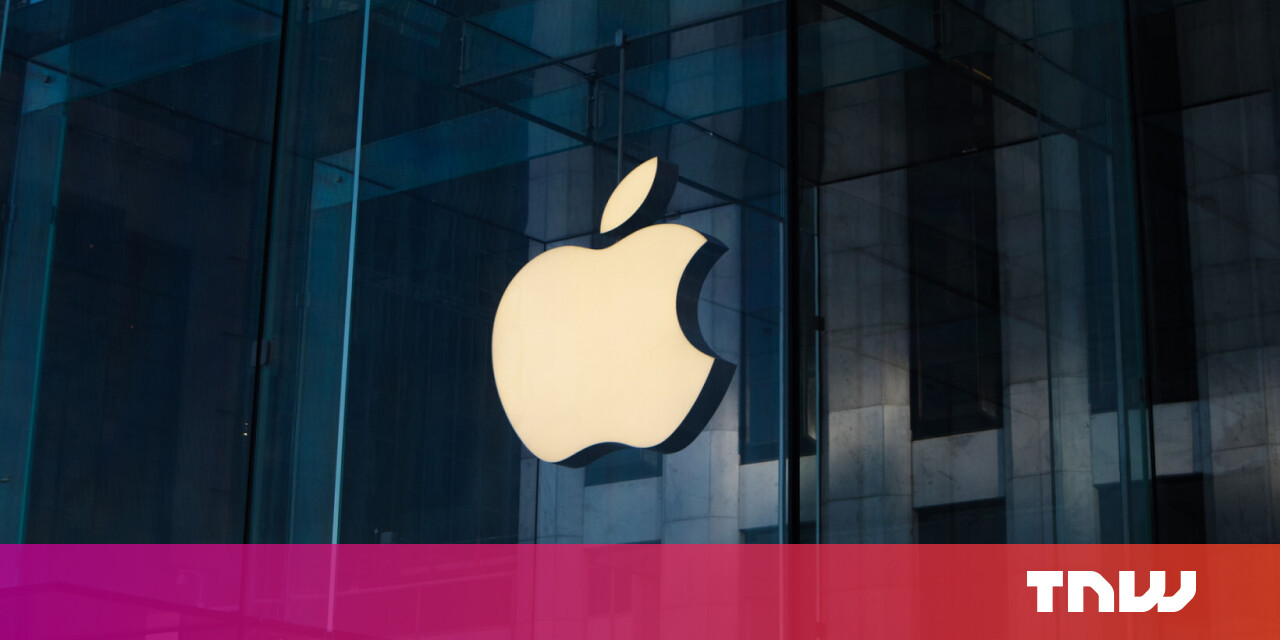#US lawmakers are targeting big tech — and it’s going to affect us all

Table of Contents
“#US lawmakers are targeting big tech — and it’s going to affect us all”
The set of bills, introduced on June 11, targets the enormous economic power wielded by the likes of Amazon, Apple, Facebook, and Google (owned by parent company Alphabet).
The expansive proposals range from breaking up different businesses run by big tech, to more effectively preventing mergers known as “killer acquisitions”, in which big tech companies buy up rivals to stamp out threats to their market power.
The proposals would represent a massive change to US antitrust laws. US courts applying these laws currently tend to favor the growth of large companies and regard their economic power as a sign of superior economic efficiency.
Each of the bills has some support from both Democrats and Republicans. Remarkably, the proposals have survived to this stage, in the face of record lobbying by big tech companies in Washington.
Even if only some of the proposals are passed as law, they will likely have significant consequences for the way big tech does business globally.
Who is targeted as “big tech” and why?
The five bills — collectively called “A Stronger Online Economy: Opportunity, Innovation, and Choice” — would apply to any “covered platform” which:
- has at least 50 million active monthly users in the US
- has an owner with minimum net annual sales or market capitalization of US$600 billion
- and is a critical trading partner for the supply of any product or service on or directly related to the platform.
This would capture at least Amazon, Apple, Facebook, and Google. The proposals are the result of a 16-month investigation into these companies by the US House Judiciary Subcommittee on Antitrust.
The investigation famously saw the chief executives of Apple, Amazon, Facebook, and Google each testify before members of the committee. This culminated in a 450-page report published by the majority Democrats in October last year.
The report slammed various strategies used by the companies as being monopolistic and harmful to innovation, competition, and consumers. It said:
“To put it simply, companies that once were scrappy, underdog startups that challenged the status quo have become the kinds of monopolies we last saw in the era of oil barons and railroad tycoons.”

How the proposals would change big tech
The measures included in the bills are extensive, but four key proposals stand out. First, big tech companies could be forced to split or sell certain businesses, in cases where running both the business and the platform creates a conflict of interest.
For example, Amazon has been accused of using data gained about third-party sellers in its marketplace, to gain a competitive advantage for its own Amazon Basics products.
Similarly, Apple might be stopped from selling its products in competition with others in its app store or music store.
Second, platforms could be prevented from advantaging their own products over rivals’ products on their platform, unless they could prove it wouldn’t harm competition.
Google, for instance, has been accused of advantaging its services such as Google Shopping in search results. This kind of preferencing may prevent rival services from getting a leg up, even if they offer a better service.
Third, the proposals target “killer acquisitions” made by big tech companies. These refer to cases where Amazon, Facebook, Apple, and Google buy up smaller competitors.
These acquisitions may prevent better or more innovative products from emerging. They remove a vital competitive threat, and venture capitalists may be discouraged from funding remaining rivals.
Consider WhatsApp, which began as a champion of privacy in instant messaging. Those privacy protections have been eroded since Facebook was allowed to buy WhatsApp in 2014.
Under one of the bills, big tech companies would face greater hurdles to achieve killer acquisitions. It would place the onus on the acquiring company to first prove it doesn’t compete with the target company.
Finally, another proposal would require platforms to allow consumers to easily and securely transfer their digital history on a platform to themselves or another platform. For instance, they could seamlessly transfer their Facebook history to another platform, and make the switch between platforms without losing their data.
How likely is it the proposals will become law?
Lobbyists for big tech are already hard at work in Washington, arguing such laws would weaken successful US companies, which would then be overtaken by rivals from China.
On the other hand, there are representatives from both major US political parties backing each of the bills, which could increase the chances of success.
However, this doesn’t amount to a general consensus between the parties. Each tends to support measures against big tech for different reasons.
Many Republicans believe the platforms have a bias against their party and want to see more conservative-friendly rivals emerge. Democrats, meanwhile, focus on threats to democracy from the platforms’ economic power and their ability to spread misinformation, including about public health and politics.
While it’s unlikely all the proposals will ultimately become law, the strategy and support from both sides of politics mean at least some changes will probably be legislated.
Splitting the measures into different bills also increases the chances some will be passed. If they were all included in one, a lack of support for one or two proposals could stop them all in their tracks.
Consequences in Australia and the world over
The effects of the proposed antitrust legislation will be felt well beyond the US.
Where measures are successfully imposed on a US company, it may decide to implement the same changes globally. For instance, Google last week announced it would make changes to its operations globally to comply with commitments Google made, following abuse of dominance complaints from the European Union (EU).
The EU has already been considering its own more stringent laws against large digital platforms. Lawmakers in other countries are likely to be influenced by these moves.
In Australia, the Australian Competition and Consumer Commission has had its Digital Platforms Inquiry extended into an ongoing five-year inquiry and is expected to make recommendations to the government throughout this period.
Article by Katharine Kemp, Senior Lecturer, Faculty of Law & Justice, UNSW, UNSW
This article is republished from The Conversation under a Creative Commons license. Read the original article.
If you liked the article, do not forget to share it with your friends. Follow us on Google News too, click on the star and choose us from your favorites.
For forums sites go to Forum.BuradaBiliyorum.Com
If you want to read more like this article, you can visit our Technology category.




